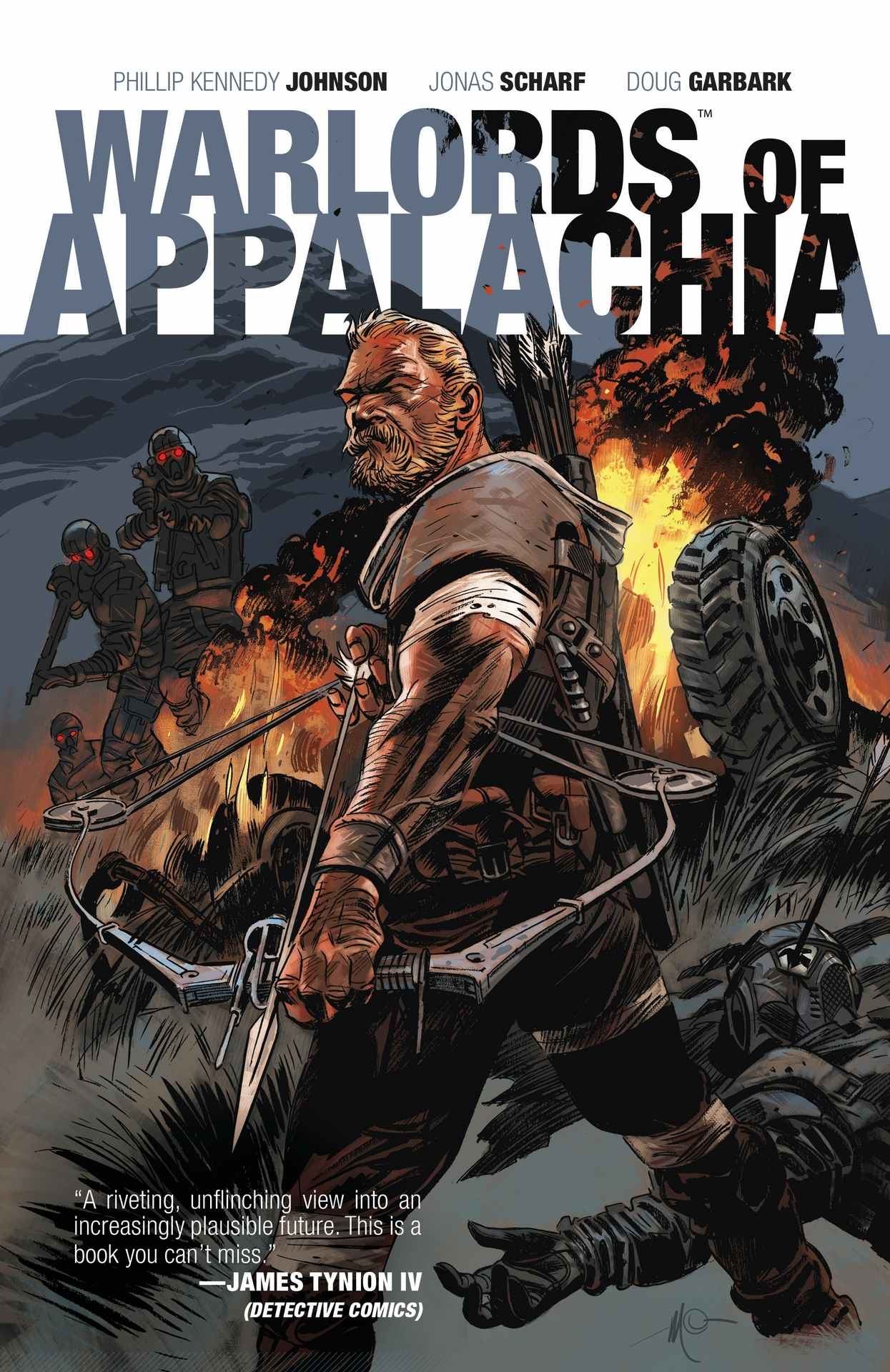I haven’t experienced many “Remember Where You Were” events. I wasn’t around for the Kennedy Assassination, or John Lennon, or the moon landing. I do remember where I was when the Challenger Space Shuttle exploded (Mrs. Stuart’s 2nd Grade classroom), and when OJ Simpson was acquitted (Mrs. Perdew’s Problem Solvers class).
And, of course, the obvious.
12 years ago today, I was in my first semester as a music student at the University of North Texas. My first Tuesday class, Wind Symphony, didn’t meet until 1:15, so I used Tuesday mornings to teach trumpet lessons. I woke up at 5:30 and drove to Ft. Worth, where I taught from 7:00 to 11:30.
Starting at 7:00 a.m., about every 30 minutes a new student would come into my room for their lesson. My 7:00 and 7:30 came and went without incident. But my 8:00 came in and said a plane had just struck the World Trade Center in New York.
Like everyone else that day, the initial report left me confused. What kind of plane? It had to be an accident, I guess, some kind of mechanical failure, but that still didn’t make much sense. Still puzzled, I gave my kid her trumpet lesson like always.
About 30 minutes later, my student went back to class and the next one came in. Apparently ANOTHER plane had just struck the OTHER tower of the World Trade Center. New York was under attack.
I took a couple minutes to go into the band room, where the whole class was glued to a little TV, fixed overhead in a corner in the room. That was the first time I saw the now-iconic images of the smoking twin towers.
I wasn’t sure what to do next. If I had it to do over again, I probably would have brought my student back to class to watch the footage. But at the time, I didn’t know this event would change the world like it did, and standing there with my mouth open while a student waited for his weekly-at-best lesson seemed wrong. So I went back to my room and taught a trumpet lesson.
For the next three hours, a new student would come in every 25-30 minutes and give me an update. Some of the updates were misinterpreted. “The Trade Center just fell down. 50,000 people were in it.” “No, that was just the one tower. The other one just fell, so now it’s 100,000.” “The Pentagon just blew up.”
Traffic back to UNT was light, unusually so. I drove to the Murchison Performing Arts Center (where the Wind Symphony rehearses) to find it empty, the parking lot too. Rehearsal was evidently cancelled.
A short walk across campus was enough to tell me that ALL classes had been cancelled. I didn’t have a TV, or even a radio, so I walked to the computer lab and got online.
What I read suggested the death toll wasn’t anywhere near as high as my students had thought, and the pentagon was apparently still on the map. But nobody knew what the death toll actually was. Lacking a cell phone, I emailed my friend Denver in the city, hoping to hear that he was nowhere near the Trade Center and that he, at least, was safe.
When I got back to the dorm, the entire population of the building was standing around in the common area in little groups, talking about the day’s events. A freshman girl, excited that class was cancelled, said something I will never forget: “I won’t lie, this turned out to be a really great day for me!” That was the only time I remember being tempted to punch a woman in the face. That’s not what happened, but that girl’s comment stayed with me that day, as much as the haunting images on the TV.
I finally heard from Denver, and he seemed distressed but okay. I had a gig that night, and on my way home I stopped at a Subway that was attached to a gas station. The price of gas had jumped from about $1.25 that morning to about $6.25. As I walked into the store, a white customer was shouting curses and racial slurs at the Indian station owner for spiking the price, and the owner was screaming back at the customer to go f— himself. As I walked back out, the shouting match became a fistfight, each man trying to pull the other across the counter.
12 years later, and now I’m a Soldier in America’s Army and a working musician. 9/11 changed the world so completely that it’s hard to remember what things were like before. But I will always remember the smoking towers on that little television, the vacant parking lot at the Murchison Performing Arts Center, the empty skies overhead, that poor, stupid freshman kid with no concept of what had happened, and the Texan and the Indian man trying to kill each other over the price of gasoline.

Leave a Reply